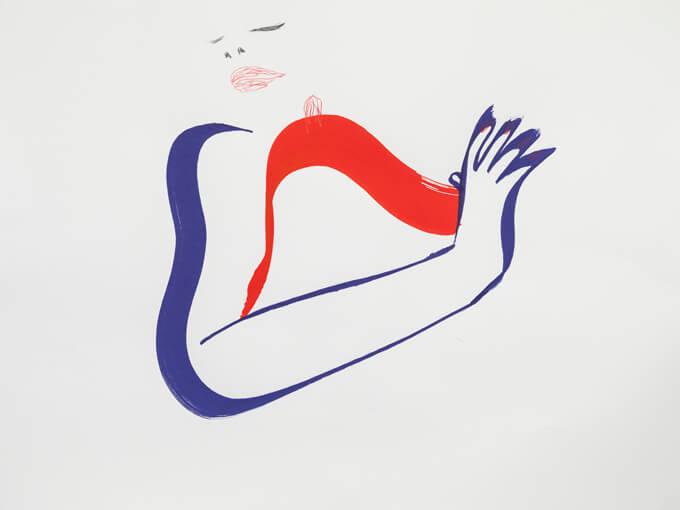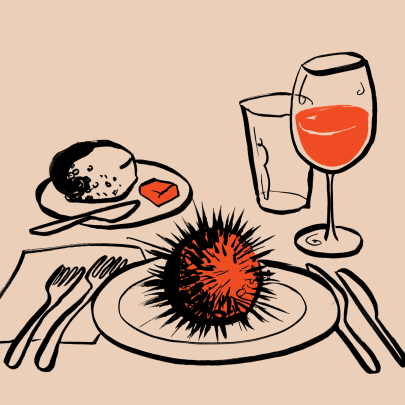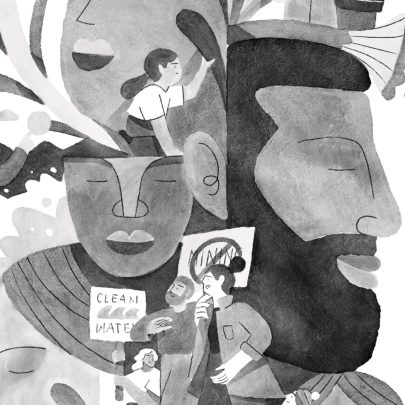Sep 25, 2019 Society
How much responsiblity do we hold for our desires?
Henare, a 30-year-old writer living in Auckland, is telling me about his most disastrous date in recent memory. “It started off well and we were talking about our personal lives, so I raised being part Maori and how it impacted my childhood, which she thought was really cool,” he tells me. “Later, when we were another drink in and the conversation got flirtier, she asked me if it’s true that Maori dudes have big dicks.” Henare found the question off-putting, but brushed it aside, and the two ended up back at his place, where the woman showed intense interest in his Maori art and asked him to wear his pounamu toki.
Despite these red flags, things got hot and heavy, and during sex the woman asked Henare to tie her hands to the headboard. He obliged. “After a few minutes she started making a sort of sobbing noise and saying, ‘No no no,’” Henare continues. “I stopped and asked if everything was okay.” The woman was fine, but admitted she’d “never been with a brown boy before”, and asked Henare to act out a colonised/coloniser rape fantasy of hers.
“She made two unforgettable references to Tarzan/Jane and Pocahontas/John,” Henare tells me. “At that point I was 100% not on board, and tried to be polite about it, but told her I really wasn’t comfortable with the idea and suggested she shouldn’t be either.” The woman became defensive and told Henare to stop kink-shaming her. “That was my first time hearing this idea,” he explains. “I told her I think some kinks could do with a bit of shame and maybe some introspection.”
READ MORE: The truth about selling nudes online
The rule against kink-shaming — mocking, judging or criticising someone’s sexual predilections — gathered traction in the social-justice blogosphere of the late 2000s and early 2010s, eventually becoming a fairly widespread social norm among digital natives. With the rise of sex-positive feminism came impatience with “sex negativity”, a term for behaviours that include kink-shaming, on the grounds that puritanical attitudes are stifling and oppressive, and a person’s harmless sexual proclivities should not be grounds for scorn.
But how harmless are kinks that involve a strong power dynamic, such as race play (where racial differences are fetishised), age play (where extreme age gaps are imagined or experimented with), or extreme sadomasochism, especially if a person from the more powerful group is initiating the roleplay? And is violent, degrading sex really value-neutral? A recent Guardian article discusses the way in which sex surveys, advice forums, social-media feeds and women’s magazines have together created the impression that rough BDSM is simply the way young people have sex now, which has led to several men successfully employing a “sex game gone wrong” defence when they choke their female partners to death. Surely a simple rejoinder against kink-shaming is insufficient to unpack what’s gone wrong here?
Whether and how much we should interrogate our own sexual desires is a thorny question, as shown by a recent disagreement between philosopher Amia Srinivasan and writer Andrea Long Chu on this topic. In her essay, “Does anyone have the right to sex?” Srinivasan argues that we have a duty to interrogate our desires in the hope of rendering them less harmful; Chu is concerned that “moralism about the desires of the oppressor can be a shell corporation for moralism about the desires of the oppressed”. Srinivasan argues that sexual desire is malleable; Chu responds that telling people not to want what they want is a philosophical dead end.
The debate pulls you in multiple directions. It seems clear that policing sexual desire is the homophobic conservative’s game, and it’s true that much of the objection to kinks involving feet or body fluids (say) is based in little more than disgust — hardly strong ethical grounds for banishing them. But the idea that all kinks are beyond reproach seems morally shaky, especially since the dictates of sex positivity sometimes foreclose critical discussion of the normalisation of violent sex, the potential for kink to become abusive and the fetishisation of oppression. When a man chokes his girlfriend to death and chalks it up as a “sex game gone wrong”, are we supposed to sigh, ask “Who am I to kink-shame?” and then dust our hands? Should people be held responsible for their desires, or just the actions their desires lead to? Are our desires wholly our own, or do cultures have a hand in forging them?
When I put some of these questions to Henare, he has no clear answers either. “None of these things appear in a vacuum,” he responds. “All of them have psychological entanglements — some harmless, and some less so.” While shaming people for their sexual proclivities is probably never going to be productive — after all, shame has limited utility for changing human behaviour — perhaps Henare’s idea that certain kinks deserve some introspection holds water.
This piece originally appeared in the September-October 2019 issue of Metro magazine, with the headline “Certain kinks”.






